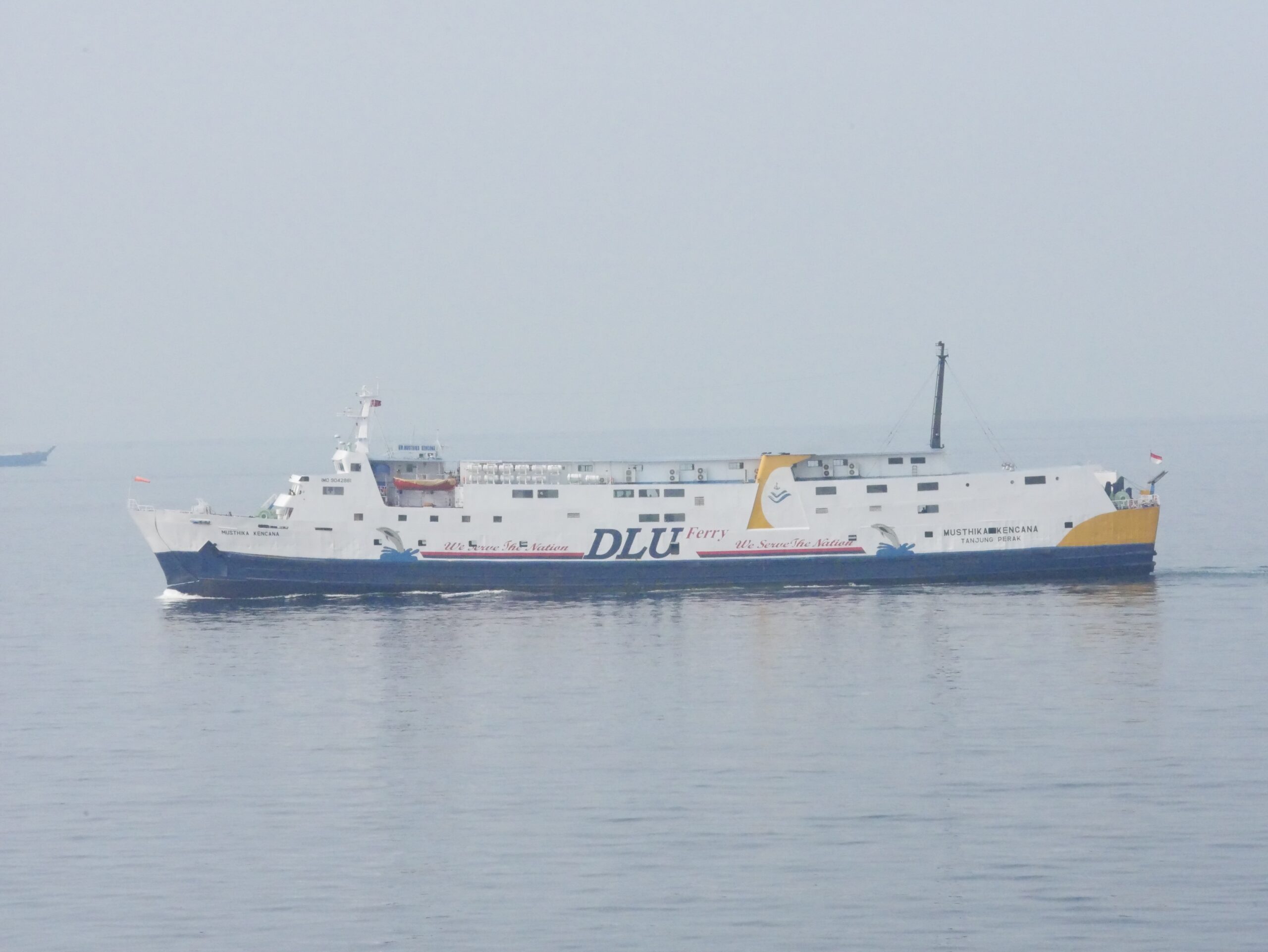
Indonesia ferry crisis
The Indonesia Ferry Crisis Unfolds
The Indonesia ferry crisis erupted off the coast of Talise Island, North Sulawesi, on July 20, 2025, when the KM Barcelona 5 ferry burst into flames mid-voyage. Passengers, including families and tourists, faced panic and chaos as thick smoke and fire engulfed the vessel, forcing many to leap into the sea for survival. Despite heroic rescue efforts that saved hundreds, at least five lives were lost—highlighting deep failures in maritime safety protocols and passenger accountability.
Rescue and Response Amid the Indonesia Ferry Crisis
Coast Guard units, local fishermen, and emergency teams rushed to the scene, pulling more than 560 survivors from the water—far exceeding the ferry’s official manifest. The scale of the rescue underscored both the bravery of responders and the alarming reality of chronic overcrowding on Indonesian ferries. Survivors described scenes of distress as the vessel burned, with some clinging to life jackets and debris until help arrived.

Root Causes: Maritime Safety Failures Exposed
The Indonesia ferry crisis has reignited urgent concerns about maritime safety across the archipelago. Early reports suggest possible mechanical or fuel-related issues, but longstanding problems—such as lax enforcement, aging fleets, and inaccurate passenger records—are squarely to blame. Overcrowding is a persistent issue, with actual passenger numbers routinely surpassing official counts, increasing the risks during emergencies.
Calls for Reform After the Indonesia Ferry Crisis
In the wake of the crisis, survivors, activists, and officials are demanding sweeping reforms. Key priorities include strict enforcement of safety standards, modernizing the national ferry fleet, transparent investigations into tragedies, and clear emergency training for all crews and passengers. Without meaningful action, the risk of another deadly disaster remains unacceptably high.
Moving Forward: Protecting Lives and Restoring Trust
The ferry crisis is more than a headline, it is a powerful call to safeguard the millions who rely on ferries for daily travel. Political will, investment in infrastructure, and a culture of accountability are essential to prevent future loss of life. Until these changes are implemented, the safety of Indonesia’s waters—and its people—will remain in jeopardy.




